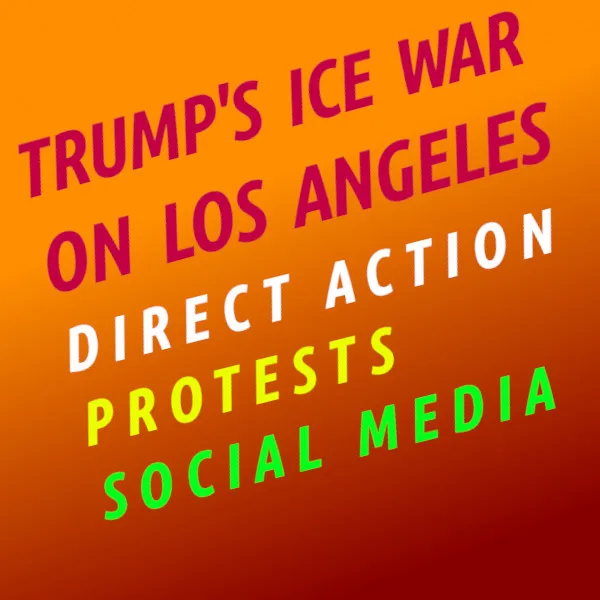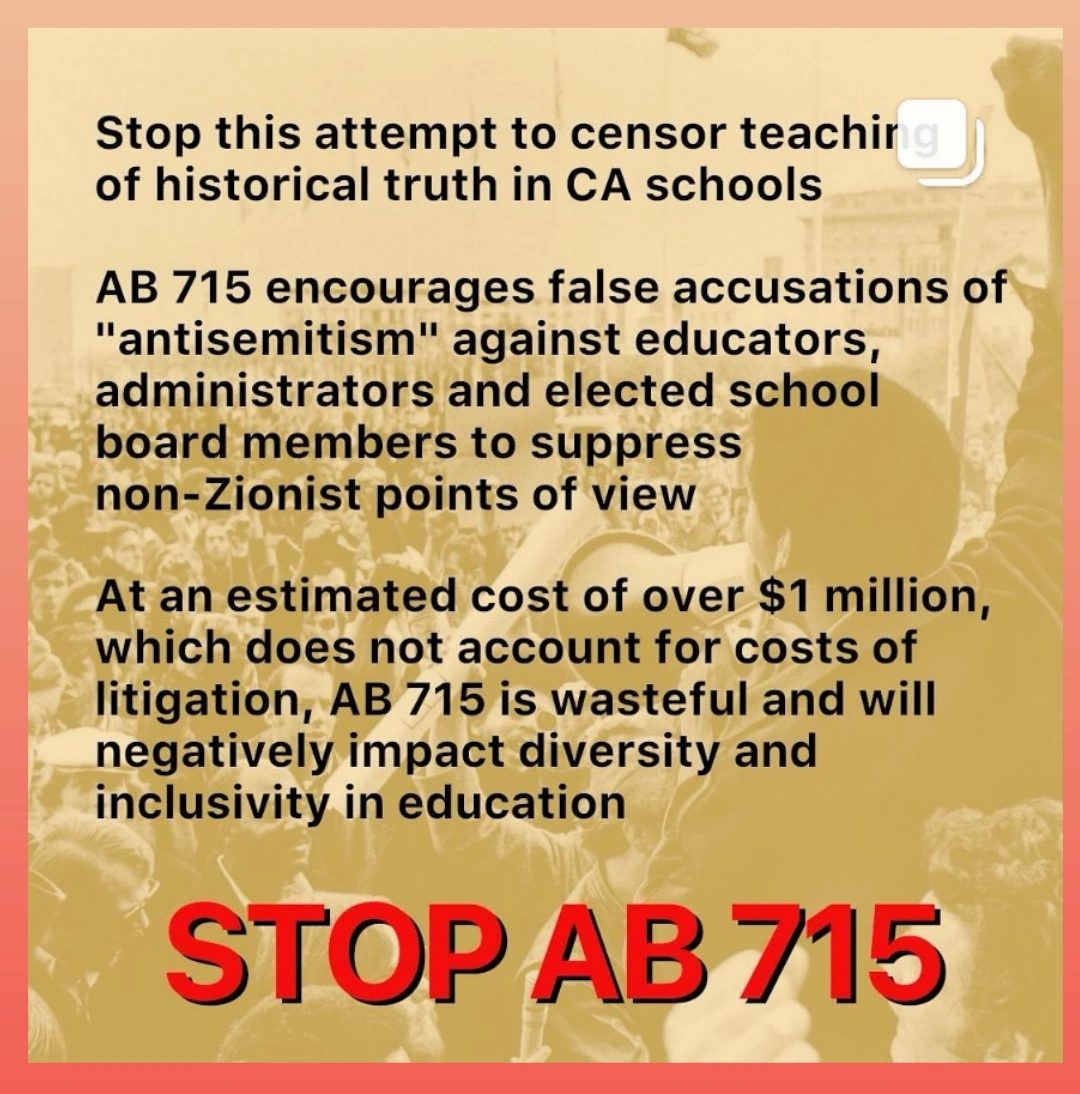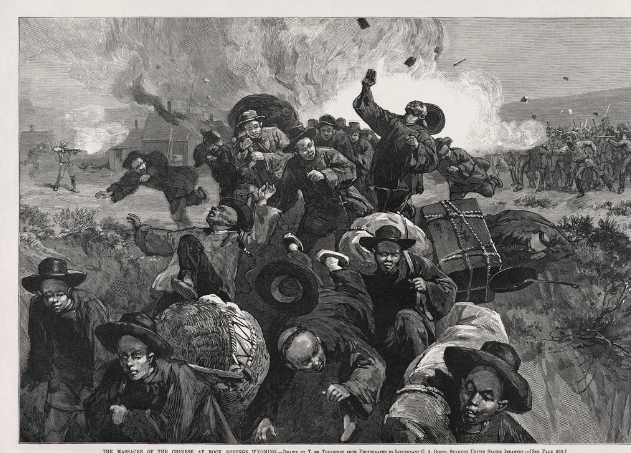Back in 1889, John W. Lovell was attempting to create a “book trust”, or a cartel of book publishers to control prices by limiting competition between the publishers.
The Lucille Project excerpted part of Raymond Howard Shove, Cheap Book Production in The United States, 1870 To 1891. Reading it made me think of how publishing is re-consolidating under the different “high tech” companies: Amazon, Apple, Google, Microsoft, Spotify, and who knows what. I don’t know the field well enough.
Artists are complaining that royalties are too low – and they are. Advertisers are seeing prices rising.
Lovell had purchased a library, and was trying to reduce competition. There were many cheap book publishers, and so many customers, that they all printed the same books. Nowadays, you may see a book printed by two or three companies, but The Lucille Project shows that dozens of publishers would print a popular book.
John W. Lovell had in 1888 purchased the popular Munro Library in an attempt to narrow the field of competition. Other cheap series soon sprang up to take the place of the Munro Library, making the rivalry more intense, with consequent losses. The resulting lowered prices naturally led to a deterioration in quality of manufacture. As Lovell himself pointed out, many of the cheap books were printed on paper which would be spurned by a penny newspaper. Said he, “It is notorious that such badly made books have never appeared elsewhere.”
He would then seek to form a trust, to prevent competition:
In order to eliminate competition which had resulted in non-profitable price-cutting, Lovell conceived the idea of a combination of the publishers of cheap books. It will be remembered that in the latter part of the 1870s, when he had gained notoriety with pirated reprints, Lovell had spoken highly of the royalty system because it was conducive to competition and low prices. He later changed his mind about the advantages of unlimited competition, saying in 1889 that, “Competition hereafter can have only one result–the cheapening of prices and manufacture, with a return to the demoralization that has ruled during the past two or three years.”
This reminded me of Getty Images buying up all the companies (and the fact it’s all funded by old oil money). It reminded me of Bill Gates’ purchase of Corbis, with all his “monopoly money” he got from DOS and Windows.
It also reminded me of Apple’s Steve Jobs, who was enthusiastic about competition when Apple was the competition, but as Apple got larger, and as Jobs became more experienced, Apple quickly used the iPhone to create an Apple-controlled monopoly within that ecosystem.
Tech knows business history, and has never really let the spirit of anti-trust dismantle their large companies.
If you haven’t followed the link already: http://sdrc.lib.uiowa.edu/lucile/publishers/lovelljw/shove.htm, by Raymond Howard Shove.







Leave a Reply